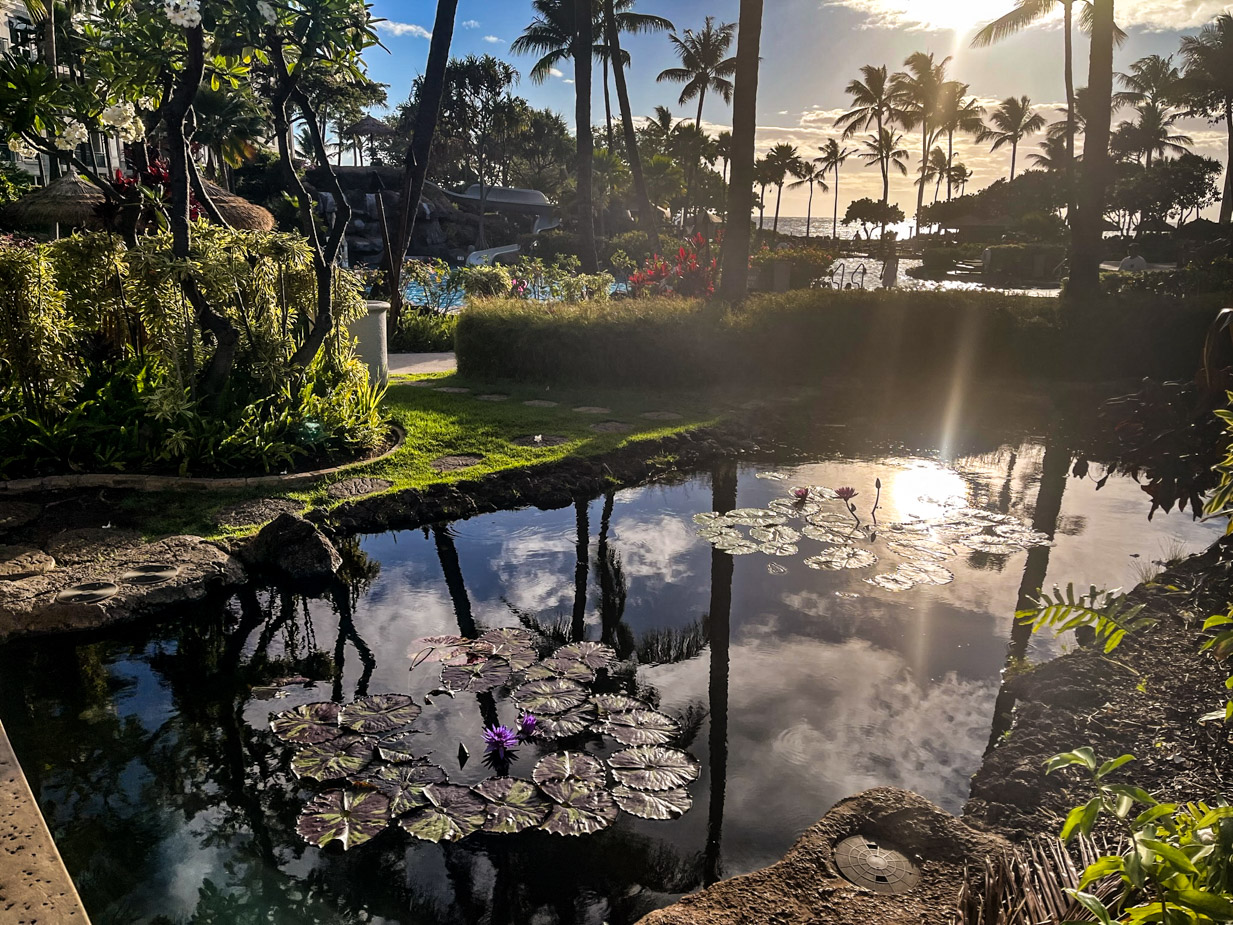

 ©Michael Player
©Michael Player
Chapter 1:15-28 (ESV) - John bore witness about him, and cried out, “This was he of whom I said, ‘He who comes after me ranks before me, because he was before me.’” For from his fullness we have all received, grace upon grace. For the law was given through Moses; grace and truth came through Jesus Christ. No one has ever seen God; the only God, who is at the Father's side, he has made him known.
And this is the testimony of John, when the Jews sent priests and Levites from Jerusalem to ask him, “Who are you?” He confessed, and did not deny, but confessed, “I am not the Christ.” And they asked him, “What then? Are you Elijah?” He said, “I am not.” “Are you the Prophet?” And he answered, “No.” So they said to him, “Who are you? We need to give an answer to those who sent us. What do you say about yourself?” He said, “I am the voice of one crying out in the wilderness, ‘Make straight the way of the Lord,’ as the prophet Isaiah said.”
(Now they had been sent from the Pharisees.) They asked him, “Then why are you baptizing, if you are neither the Christ, nor Elijah, nor the Prophet?” John answered them, “I baptize with water, but among you stands one you do not know, even he who comes after me, the strap of whose sandal I am not worthy to untie.” These things took place in Bethany across the Jordan, where John was baptizing.
Question to consider: Why would the Pharisees doubt that John was from God?
In yesterday’s passage, the apostle John mentioned that the divine Word, called the Logos, took on flesh and dwelt among us. What was translated as “dwelt among us” was more literally “tabernacled among us”. The tabernacle was of course the portable sanctuary built by the Israelites at the time of Moses. The shekinah glory of God was manifested in the Holy of Holies within the tabernacle which was continually set up in the midst of the tents of the people. God’s glory was shining from the cover of the Ark of the Covenant and could only be approached by the great high priest who interceded for the sins of the people once a year after making sacrifices for his own sins. This glory of God had now become flesh according to the apostle John.
The one who declared the coming of the Word made flesh, baptized his Jewish brothers and sisters in order to prepare them to receive their king. Gentiles received this kind of baptism, but certainly not Jews, and the Pharisees sent people to ask by what authority John dared to perform this act.
John denied being the prophet, Elijah, because he was the son of Zechariah and Elizabeth. Since Elijah was taken up by God rather than dying and being buried, the Pharisees took the verses in Malachi 4 to mean that the man, Elijah, would return from heaven, “Behold, I will send you Elijah the prophet before the great and awesome day of the Lord comes. And he will turn the hearts of fathers to their children and the hearts of children to their fathers, lest I come and strike the land with a decree of utter destruction.” (Malachi 4:5-6) Jesus recognized that John the Baptist fulfilled this prophecy as one who came in the spirit of Elijah, but he was not the man himself.
John was also not “the Prophet” of which Moses spoke in Deuteronomy 18. That was reserved for Christ who was the archetypal Prophet, Priest, and King of Israel. John saw himself as the one prophesied by Isaiah 40 because he knew he was called by God to prepare God’s people to receive their Messiah.
I’m sure the Pharisees were frustrated and skeptical, for they saw themselves as the shepherds of the sheepfold, and they had a hard time believing that God would not keep them in the loop on the coming of the Messiah. Instead, this unknown man had risen up from obscurity to declare the people of the Covenant unworthy to face their Messiah.
Dear heavenly Father, please prepare our own hearts to receive our Messiah. Help us to set aside our own attempts at righteousness and cling to the grace and truth that was given to us by Christ so that we do not have to face the consequences of failing to fulfill Your Law. Amen.